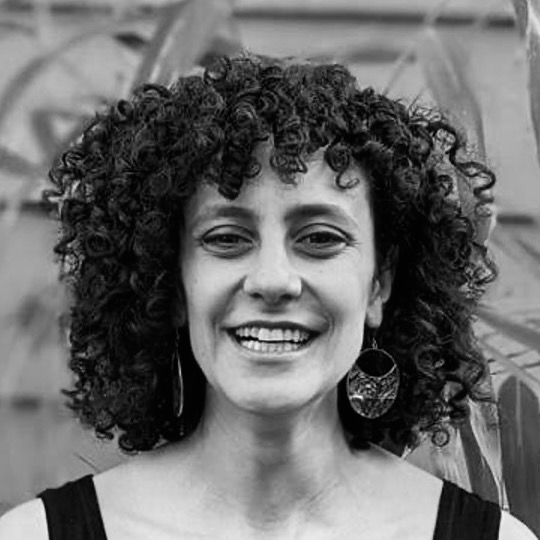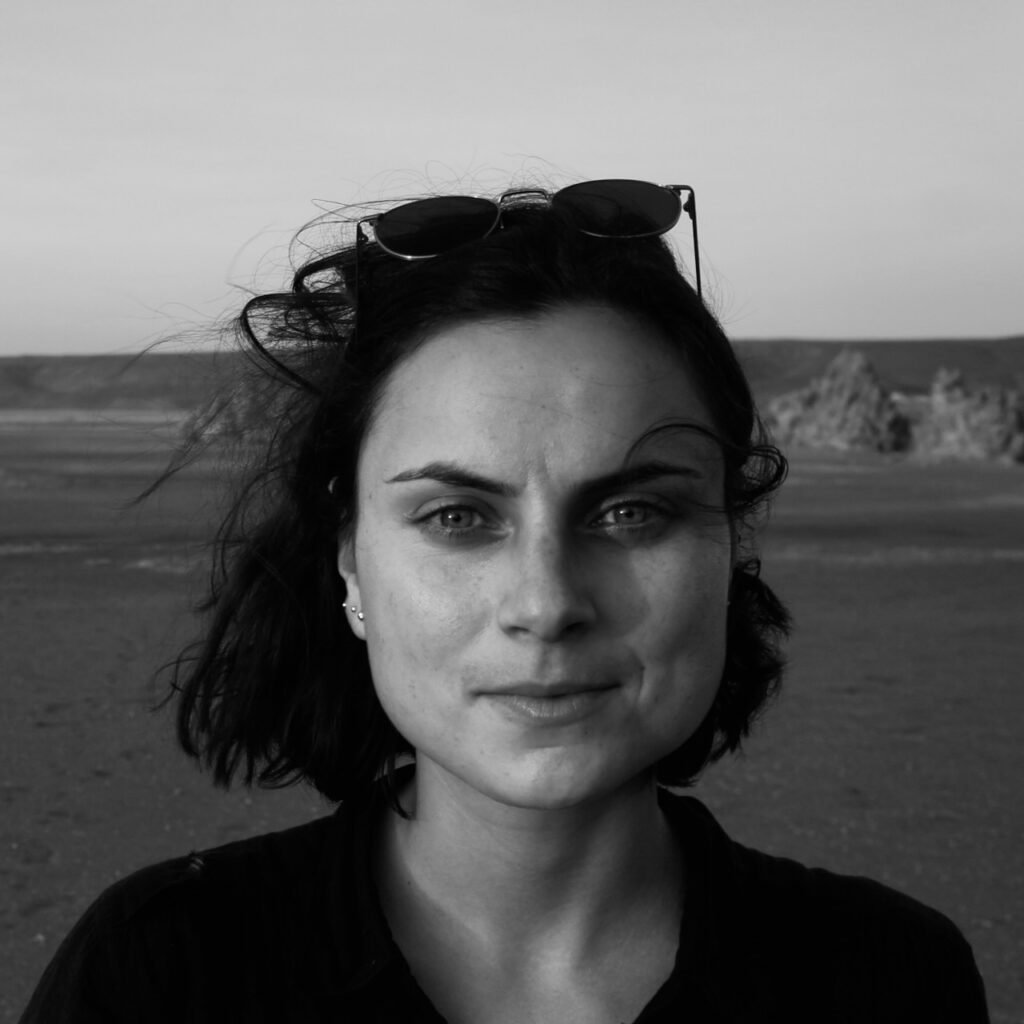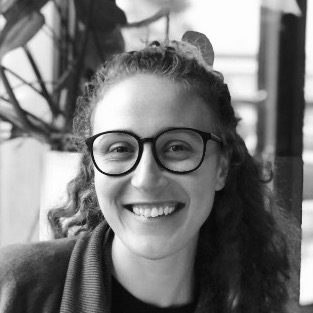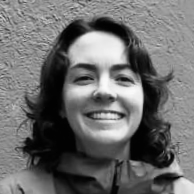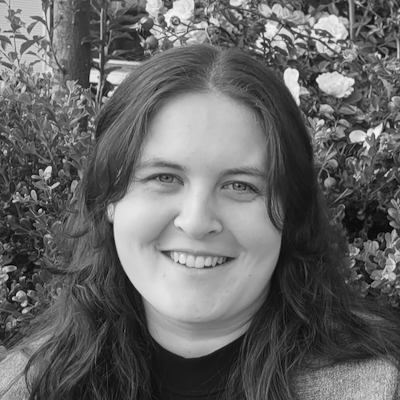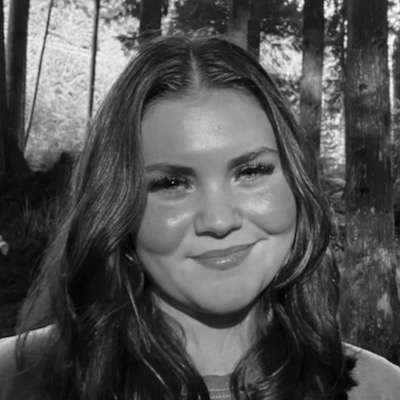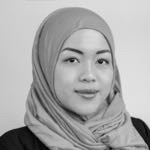
Dr. Tammara Soma
Director of Research
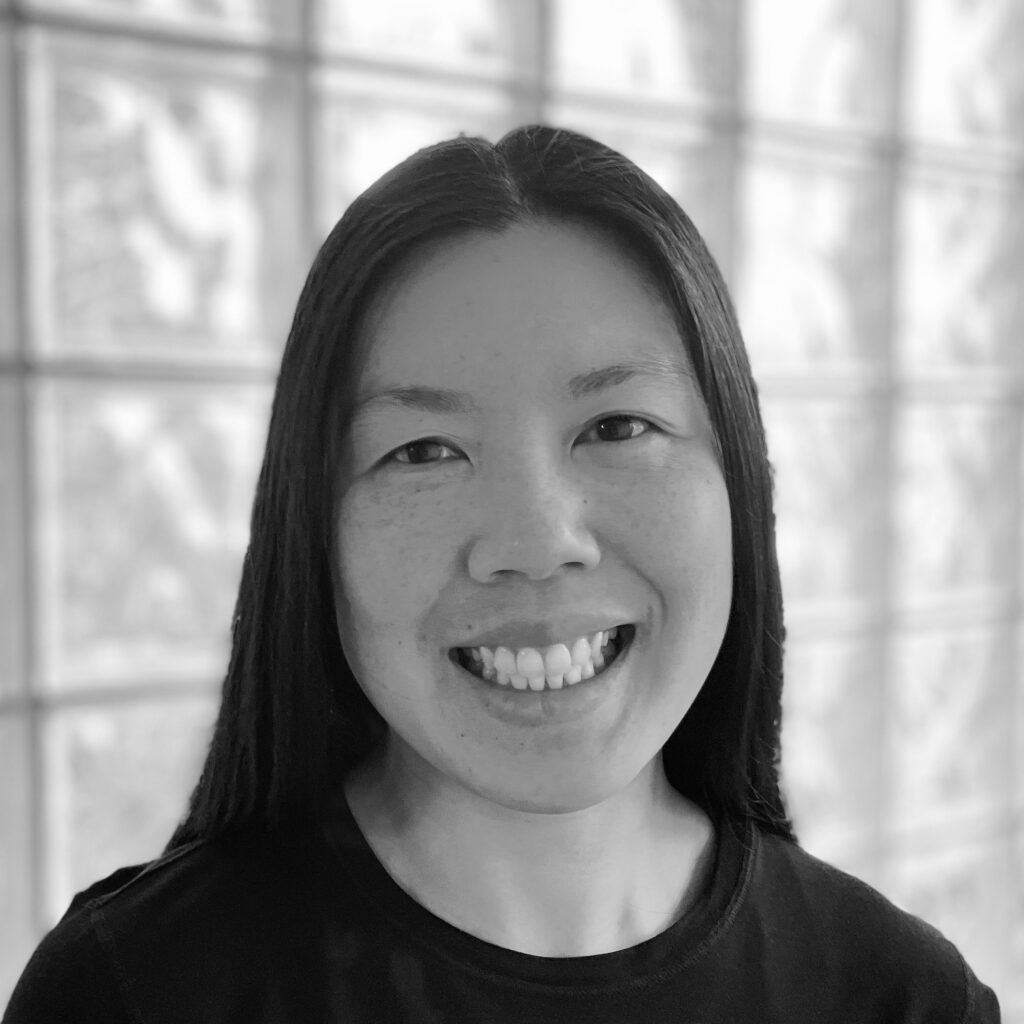
Belinda Li
Director of Innovation
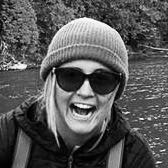
Dr. Chelsey Geralda Armstrong
Special Advisor
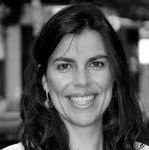
Dr. Rafaela Gutierrez
Research Fellow
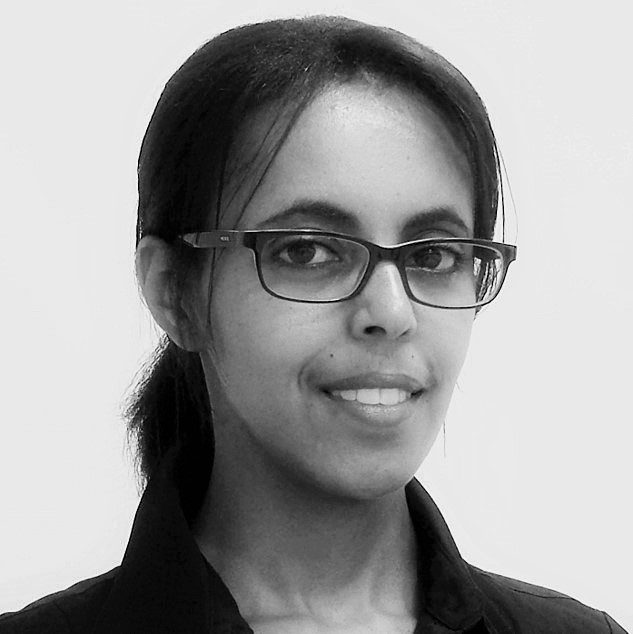
Dr. Addis Benyam
Research Fellow
Advisors
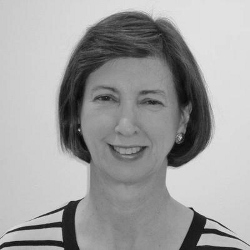
Dr. Virginia Maclaren
Principal Investigator – Food Waste Campaign Research

Tamara Shulman
Community Partnerships Advisor
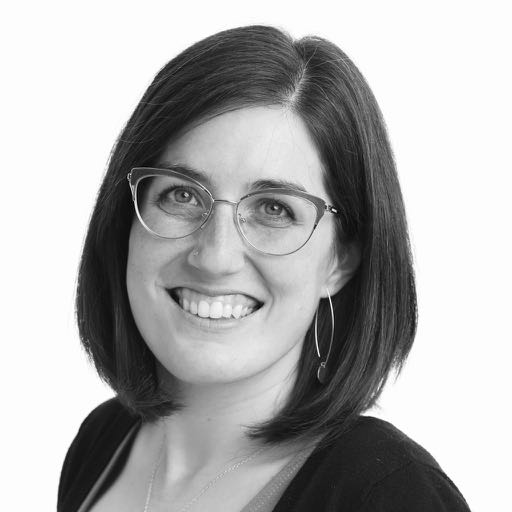
Kristina Carley
Educational Programs Advisor
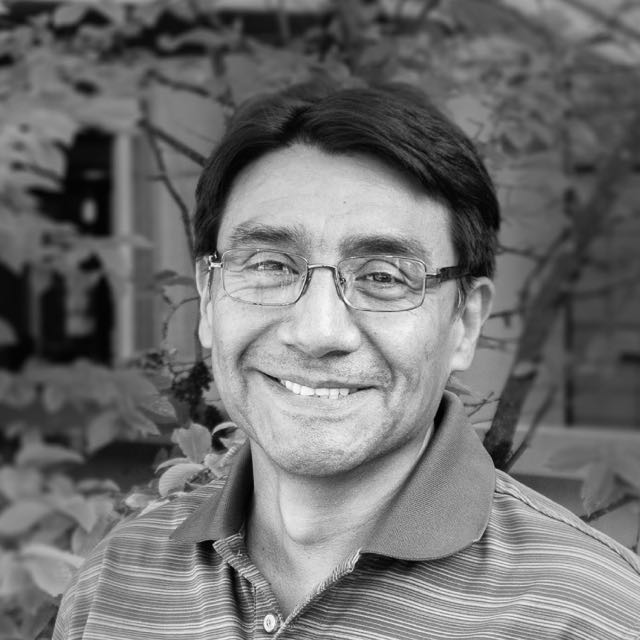
Pablo Vimos
Educational Programs Advisor
PhD Students
Master’s Students
Undergraduate Students
Profiles
Dr. Tammara Soma
Dr. Tammara Soma holds a Ph.D. in Planning (2018) from the University of Toronto and is a Co-Founder of the Food Systems Lab. She is an Assistant Professor at the School of Resource and Environmental Management at Simon Fraser University where she conducts research on issues pertaining to food system planning, waste and the circular economy. Prior to SFU, she was a Postdoctoral Fellow in the Department of Geography and Planning at the University of Toronto, a Researcher at the University of Guelph, and the Food Equity Coordinator at New College (University of Toronto). Her dissertation investigated the factors that influence urban household food consumption and food wasting practices in Indonesia, and the ways in which food systems consideration can improve urban planning decision-making. She has published her work in the journals Local Environment, Built Environment, Indonesia, Journal of Agriculture, Food System and Community Development, and in the books Conversations in Food Studies (University of Manitoba Press), and Learning, Food and Sustainability (Palgrave McMillan). She is a co-editor with C. Reynolds, J. Lazell, and C. Spring of the upcoming Routledge Handbook on Food Waste. Beyond academic publications, she has also written for the Huffington Post, Policy Options, Alternatives Journal, and is frequently interviewed by media such as the Toronto Star, Globe and Mail, CBC, TVO The Agenda and more. She stars in the documentary Food is my Teacher about food facilitates healing and its importance in culture and identity. She is a 2014 Pierre Elliott Trudeau Doctoral Scholar, a Joseph Armand Bombardier SSHRC CGS Doctoral Fellow, an International Development Research Centre Doctoral Award recipient, and a SSHRC Top 5 Storyteller finalist. She led a tri-country team (U.S, Mexico and Canada) on a Commission for Environmental Cooperation project to develop toolkits for youth engagement in food loss and food waste reduction.
Her current research projects are funded by the Social Sciences and Humanities Research Council New Frontiers, Trans-Atlantic Partnership, and Insight Grants. Past project funders include the Simon Fraser University Community Engagement Initiative Grant, Weston Foundation Seeding Food Innovation Grant, and Pierre Elliot Trudeau Foundation.
Prospective students interested in graduate supervision opportunities, please read Dr. Tammara Soma’s profile and contact her directly via her SFU email. Email regarding graduate supervision to the general info@foodsystemslab.ca email will not receive a response.
Belinda Li
Belinda is a Co-Founder of Food Systems Lab and an environmental engineer on a mission to create a sustainable and just food system. She is also a PhD student in Resource and Environmental Management at Simon Fraser University. Building on her diverse experience in consulting, international development, and grassroots organizing, she uses a combination of participatory design and data-driven approaches to develop, test, and evaluate solutions to improve food system sustainability from farm to fork.
As a consultant, she has worked across Canada and the United States on a variety of projects, including launching food waste reduction and food scraps recycling programs, conducting multi-city and multi-season food waste audits, developing food and organic waste models, and engaging stakeholders in food systems planning. Her major projects include the Commission of Environmental Co-operation’s Characterization and Management of Food Loss and Waste in North America Foundational Report, City of Los Angeles’ Food Waste Reduction and Food Scraps Collection Pilot, and Vancouver Park Board’s Local Food Systems Action Plan. She has also provided ongoing research support to the National Zero Waste Council’s Love Food Hate Waste Campaign.
With the Food Systems Lab, Belinda brings theory into practice, creatively turning new ideas that start as a rough sketch on the back of a napkin into implementable research projects with robust measurement and evaluation.
Dr. Chelsey Geralda Armstrong
Dr. Chelsey Geralda Armstrong is an Assistant Professor at Simon Fraser University’s Department of Indigenous Studies specializing in ethnobiology and historical ecology. She uses her training in both natural and social sciences to better understand food systems and food ways in northern British Columbia. Working closely with Tsm’syen and Gitxsan communities, Chelsey is interested in issues of access, contamination, and sovereignty on unceded territories. Focusing on peoples’ relationships to food, Chelsey considers how climate change and intensive resource extraction in northern BC challenges both traditional and contemporary foodways.
Dr. Rafaela Gutierrez
Dr. Rafaela Gutierrez has a PhD in Science and Technology Policy from the Institute of Geosciences, UNICAMP, Brazil. Her research investigated how waste policies affected the plastic recycling production chain in the State of São Paulo.Since 2005 she has been studying waste pickers cooperatives and waste policies focusing on how to improve socio-productive inclusion of waste pickers. Dr. Gutierrez was also a visiting researcher at the Centre for Sustainable Waste Management at the University of Northampton, UK. She has edited a published book on waste related topics in Portuguese.
Dr. Gutierrez has been supporting Food Systems Lab since its inception, assisting with research and implementation activities from key informant interviews to workshop facilitation, research participant recruitment, waste audits, follow-up surveys, coordination, and logistics.
Dr. Addis Benyam
Dr Addis Benyam is an environmental scientist with an interdisciplinary background related to natural resource science, social studies, and business. She earned a PhD in Environmental Economics in 2019 from Central Queensland University Australia and a Master’s degree in Natural Resources Management from the University of Manitoba. Her PhD research investigated the behavioural drivers of domestic food waste and its prevention and diversion policy options in regional Australia. Prior to her PhD, Addis worked for the Government of Manitoba in waste levy collection and recycling rebate programs, closely supporting municipalities, indigenous communities, and various local stakeholders engaged with waste reduction and pollution prevention projects. She has previously worked for the UNDP in environmental management portfolios where she got the inspiration and niche to conduct her master’s research. Her work evaluated UNDP-supported projects outcome on biodiversity conservation, prevention of land degradation, and climate change mitigation and adaptation, in the context of food security and sustainable economies in agrarian communities in Ethiopia. Addis’ main research areas of interests are resource economics, evidence-informed waste policies, and sustainable agriculture.
Addis is currently collaborating with Dr Tammara Soma in a research initiative that explores the opportunities and challenges of digital agricultural technologies to food loss and waste prevention in the global South and global North, and how this expands our knowledge to advance progress toward sustainable food systems.
Dr. Virginia Maclaren
Dr. Virginia Maclaren is an Associate Professor Emerita in the Department of Geography and Program in Planning. She has a Ph.D. in Regional Science from Cornell University and a Master’s degree in Regional Planning from the University of Ottawa. Her main research interests in Southeast Asia are in environmental and waste management. Her most recent projects include an investigation of community-based waste management in Siem Reap (with colleagues at the Royal University of Phnom Penh), market waste composting in Vientiane (in collaboration with the National Science Council of Lao PDR), micro-credit programs for waste pickers in Hai Phong (in collaboration with the Vietnam Women’s Union), source separation programs in Hanoi (in collaboration with staff at the Vietnamese Ministry of Science and Technology and the Ministry of Natural Resources and Environment), and public involvement in environmental impact assessment in Vietnam.
Tamara Shulman
With her extensive experience and connections in West Coast communities, Tamara supports building partnerships with diverse collaborators so the Food System Lab’s work continues to be meaningful and relevant to the community.
Tamara is an environmental planner and engagement specialist with over 20 years experience in food waste reduction and organics management program development, implementation, and assessment. Tamara is committed to an approach that effectively fosters both system and behaviour change to minimize food waste and build community. She works closely with public and private sector clients to provide technical assistance, system audits, behaviour change program development, technical trainings, and stakeholder engagement services. She has led recent food waste reduction projects including stakeholder engagement for the review of the National Zero Waste Council’s Food Waste Reduction Strategy, technical support for the cross-Canada launch of the Love Food Hate Waste campaign, and the development of a Characterization and Management of Food Loss and Waste In North America Foundational Report for the Commission for Environmental Cooperation. She currently serves on the Board of Directors for the Recycling Council of British Columbia.
Kristina Carley
Kristina Carley is an elementary teacher in the Burnaby School District, with a passion for teaching about social and environmental justice. She has a Master’s degree in Curriculum & Instruction in Ecological Education, as well as a Bachelor of Education and Bachelor of Arts Degree from Simon Fraser University. Kristina aims to empower students to take action in their communities by providing them with opportunities to explore leadership, innovation, and stewardship. With her University Highlands Green Team Leadership group, she was able to create a Zero Waste Initiative, and receive the first Fair Trade Schools designation in B.C. By exploring and learning in the School Community garden, she helps her students learn about the importance of creating sustainable spaces for local, organic, and accessible food production. It is through this work that she first connected with the Food Systems lab, and looks forward to future collaborations.
Pablo Vimos
Pablo Vimos is a landscape ecologist with a passion for urban agriculture. Pablo has been working as garden coordinator for Embark since 2015, facilitating hands-on gardening activities for SFU students, growing produce for Embark’s community kitchen, and leading and managing community projects. Also, Pablo works with elementary schools in Vancouver and Burnaby teaching children (K-7) to grow food, built wildlife habitats and take conservation actions to protect the environment.
In addition, Pablo has an interest in the study of physical resources and the connections between landscapes and people. His previous works include the analysis of temporal land-cover change to understand the effects of deforestation and road construction on the decline of Pacific Salmon abundances, the characterization of tropical rain forest using high-resolution aerial photography, and the conduction of large scale soil surveys to develop irrigation systems and methods to control soil erosion. His work contributed to understand social and environmental issues regarding land cover and resources management by analyzing how different physical elements relate to one another.
Naomi Robert
Naomi has a deep appreciation for how food builds connections between individuals, communities, and land. She is a Research Associate at the Institute for Sustainable Food System (Kwantlen University), where she draws on her background in agricultural science and policy to coordinate food system research and extension as a bridge between academic, practitioner, and community initiatives.
Naomi received a Masters of Land and Water Systems (University of British Columbia) where she studied water and soil stewardship in agriculture, and a B.Sc. in Earth System Science (McGill University). She is a Professional Agrologist (BC Institute of Agrologists), a member of the Comox Valley Food Policy Council, and former board member of Food Secure Canada (2019-2023).
Naomi’s PhD research focuses on the impacts of neoliberalism in Canadian food and agricultural policy and how to center equity and ecological integrity through economic reform.
Naomi is a settler on the Unceded Traditional Territory of the K’omoks Nation and is grateful to live and work on these lands.
Isabela Jayne Vera
Isabela (she/her) is a PhD candidate at the Institute for Environmental Science and Technology at the Autonomous University of Barcelona (ICTA-UAB) and Barcelona Lab for Urban Environmental Justice and Sustainability (BCNUEJ), co-supervised by Dr. Tammara Soma at the Food Systems Lab. She is also an independent consultant focused on food systems issues and the co-founder of Feminist Food Journal, an online magazine dedicated to feminist perspectives on food and culture.
Isabela holds a Master of International Affairs from the Hertie School of Governance, a Graduate Diploma in Food Systems Studies from Toronto Metropolitan University, and a BA (Hons) in Sociology and Professional Writing from the University of Victoria.
Her doctoral work focuses on understanding what sustainable food means to different cultural communities in Vancouver and Barcelona, and how urban food policies designed to promote sustainable food may impact food justice for immigrants. She is supported by a Doctoral Fellowship from the Canadian Social Sciences and Humanities Research Council and a grant from the Community-Engaged Research Initiative (CERi) at SFU.
Now based in Barcelona, Isabela grew up as a settler on the unceded traditional and ancestral territories of lands of the Kwantlen, Musqueam, Katzie, Semiahmoo, Tsawwassen, Qayqayt, and Kwikwetlem peoples and is grateful for the chance to maintain her connection to these lands.
Emily Burkholder
Emily (she/her) is a Master’s candidate in SFU’s Resource and Environmental Management (Planning) program. Her research looks at what a circular food economy would look like from a diverse community perspective in Metro Vancouver. During her time at SFU, Emily will be conducting research for a joint partnership project between SFU and Aga Khan University in Arusha, Tanzania. Emily is also completing a Masters in Interdisciplinary Studies at Royal Roads University where she looks at the intersection of disaster management, food systems and humanitarian action. She holds a graduate certificate and works as a researcher at the Institute for Sustainable Food Systems at Kwantlen Polytechnic University. Emily has a range of international development experiences and is grateful to be learning more through the Food Systems Lab!
Jordyn Carss
Jordyn (she/her) is a Master’s candidate at Simon Fraser University in the School of Resource and Environmental Management (Planning). She holds a Bachelor of Science in Environmental Science from the University of British Columbia and a Graduate Certificate in Sustainable Food Systems and Security from Kwantlen Polytechnic University. Jordyn works in environmental consulting and is involved with both the management and technical elements of projects. She has been trained in ecology and agrology and is interested in the integration of physical earth processes with policy and planning.
In partnership with the City of Prince Rupert, Jordyn’s research in the Food Systems Lab involves food asset mapping to establish a baseline of Prince Rupert’s food system, which will inform the development of local policies that promote food security and food resiliency.
Christina Gemino
Christina (she/her) is a Master’s candidate at Simon Fraser University in the School of Resource and Environmental Management (Planning). She now holds a Bachelor of Environment in Resource and Environmental Management (Planning) from Simon Fraser University. She works for B.C.’s Ministry of Agriculture and Food as a GIS Technician on the Ministry’s Agricultural Land Use Inventory (ALUI) project. Through her work in the office and the field, she sees first-hand the under-utilization of protected farmland in B.C. Through her research, she will consider methods that authorities can use to increase the viability of farming in B.C. and protect local food systems.
Heather Kee
Heather (she/her) is a Master’s candidate at Simon Fraser University in the school of Resource and Environmental Management (Planning). She holds a Bachelor of Applied Science in Chemical Engineering from the University of British Columbia. Upon graduating, she worked in in the food supply chain industry, where she learned firsthand of the institutional and industrial challenges of the broader food system. From these learnings, she felt compelled to help restore peoples’ and communities’ connections to food, through equitable access and sustainable approaches.
Her research in the Food Systems Lab is focused on values-based procurement. This research aims to understand the local food system gaps and impacts of values-based procurement implementation. She is particularly interested in how to encourage those with buying power to take meaningful action and how bottom-up policy can propel lasting change.
Maggie Cross
Maggie is an undergraduate student majoring in Resource and Environmental Management (Planning) at Simon Fraser University. She has been most recently assisting the Food Systems Lab in the collection of data amongst BC farmers surrounding the interrelationship between digital technology and agriculture. Additionally, she also has been assisting in the development of research behind advantages and disadvantages technology has in the creation of stronger, more resilient local food systems.
In her community, Maggie has worked hard to reduce food waste from local businesses in her area through the redistribution of food and baked goods to low-income families, soup kitchens, and non-profit organizations for over half of her life. She has also facilitated conversation in her area surrounding reducing food waste through education of proper recycling, compost, and waste disposal practices.
Maggie has a particular interest in food systems and sustainable community planning, with her degree from Simon Fraser University she hopes to be able to serve the lower mainland by creating solutions to reducing food insecurity and food waste while also promoting ways to live more sustainably.
Kevin Maars
Kevin is an undergraduate student in Resource and Environment Management (planning) at Simon Fraser University. He is a member of the People, Plants, and Homes team at BC Housing where he helps manage community gardens, develop community events, and run educational workshops related to food and gardening for BC Housing tenants. In the Food Systems Lab, Kevin is working alongside Tammara Soma to increase public awareness of the harm a nuclear winter would have on food systems following a nuclear war. Kevin hopes to use his educational, work, and research experience to pursue a master’s degree and eventually work a career where he can create lasting positive change.


